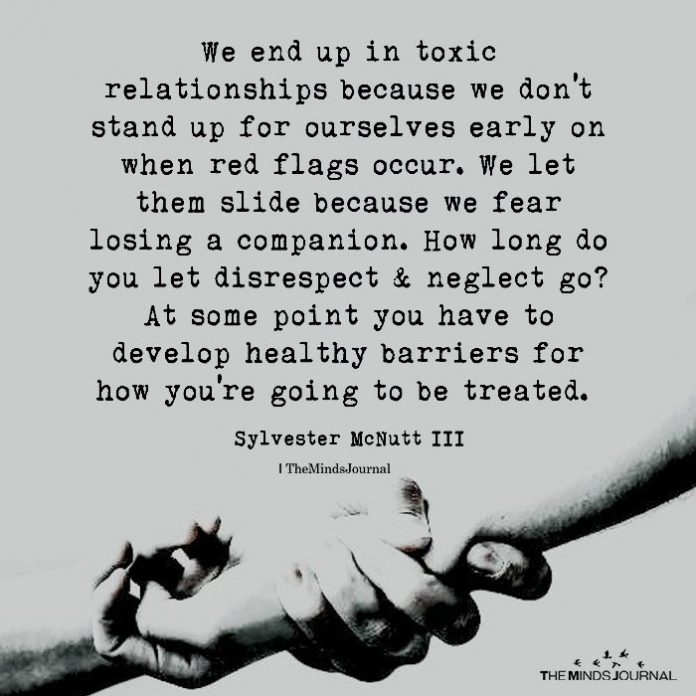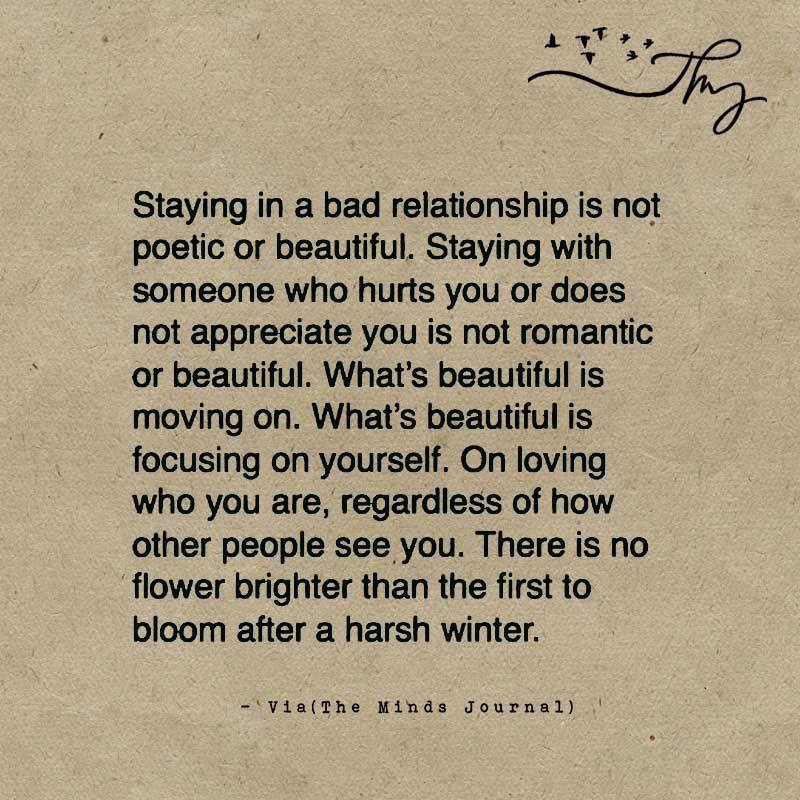Narcissistic abuse in toxic relationships is both confusing and debilitating for the victim of the narcissist. But what is interesting is that nearly everyone who has experienced it can relate to certain issues that come up. In fact, you might be surprised to learn how often we hear the same questions, again and again.
For people who are surviving narcissistic abuse, some of the most common questions I hear from my coaching clients are the following.
- How do I know my marriage or relationship is toxic?
- How do I know my partner is a narcissist?
- Am I the narcissist?
Questions like these are asked so often that you might be shocked. But I get it because I’ve been there personally – as have all of our narcissistic abuse recovery coaches and counselors here at QueenBeing. In fact, that’s exactly why we do what we do! We’re here to provide the validation a survivor seeks to help with moving forward. The truth is that getting out of toxic relationships often feels impossible without some validation that the relationship is indeed as bad as you think it is.
Without a psychologist’s diagnosis of narcissistic personality disorder, we may wonder if we’re misunderstanding things. Because we can’t personally diagnose the abusive person, we doubt ourselves and we wonder if there’s something we could be doing to cause the problems in our relationships.
Related: 6 Toxic Relationship Habits Most People Think Are Normal
The thing is that, quite frankly, a label does not matter. What matters is how you are treated in the relationship – and how you feel when you spend time with that person. Toxic is toxic.
The struggle to even know if your relationship is toxic is totally normal with emotional abuse. Many of the mistreatments and abuse can be covert and almost impossible to describe. Check out this list of signs that your relationship may be toxic if you need support and validation. Hopefully, this will help you see some common ways people know things are unhealthy and can help you make the decision that is right for your healing and life.
Some signs of a toxic relationship.

40 Red Flags That Show You’re In A Toxic Relationship
1. You walk on eggshells.
2. You are confused by any conflict because it feels like your reality is being twisted (gaslighting).
3. You are required to check in and it feels like your every move is monitored. You have anxiety if you do not check in or check in late.
4. You feel sad when your partner jokes with you because the jokes feel like hidden criticism or emotional attacks. This is especially true for those who normally find joking to be a fun way to enjoy communication with others.
5. You apologize when you have done nothing wrong.
6. You fear “hot and cold” moods so you are trying all the time to keep the peace or fix things.
7. You are hyper-vigilant over your partner’s mood.
8. You feel like your partner never sees the good in you and that they belittle your achievements.
9. You feel like sex is an obligation or even happens against your will. They threaten to leave you if you do not have sex.
10. They continually withhold sex and you feel dirty or ashamed for wanting it.
Related: The 10 Types of Toxic Relationships You Should Avoid At All Costs
11. You feel like there is no connection during sex; you are dissociating.
12. Stress in the relationship causes you to space out or dissociate easily.
13. You make excuses for your partner’s behaviors or you rationalize the abuse.
14. Holidays or vacations are stressful to plan because you fear the fun will be sabotaged by your partner.
15. You notice your insecurities are used against you.
16. You are desperately trying to “make things like they used to be” and make it like it was in the beginning.
17. You are soothing and reassuring the abuser after mistreatment happens to you.
18. You can not talk about issues within the relationship.
19. You can not safely talk about issues your partner may have that you feel hurt you or the relationship.
20. You feel shame about yourself for qualities you have that your partner once used to like.
21. You feel like communication is shut down and you feel unheard.
22. You are treated nicer in public than you are at home. The abuse is hidden.
23. You are begging or pleading for them to end silent treatments.
Related: 5 Reasons You Might Be Holding On To A Toxic Relationship
24. You are told that you are too sensitive, even if you were just treated horribly.
25. Your feelings are minimized, belittled, ignored, or negated.
26. You are feeling jealous when you normally are not a jealous person.
27. You feel like you are being compared to others.
28. You are cut off and isolated.
29. You are constantly protecting your partner’s ego.
30. You feel the majority of responsibility for making the relationship work out.

31. You feel like you are the abuser and are told you are when you know what is being said you did not do. The things they do they accuse you of.
32. You have anxiety.
33. You have body pain.
34. You feel like you are not enough and can not satisfy your partner in the relationship.
35. Everything feels like a competition with them.
Related: Why Optimistic Women Stay Trapped In Toxic Relationships
36. Things you enjoy you do not like doing with your partner around.
37. You are afraid of making any decisions alone.
38. You can’t identify your boundaries.
39. You can not pursue your dreams. You have lost touch with your own ambitions and dreams for your life.
40. You have lost your sense of self. You don’t really know who you are anymore.
Want to know more about how to spot a narcissist (signs you’re in a toxic relationship)? Check out this video below!
Somatic trauma healing specialist Lise Colucci is an intuitive healer and trauma-informed certified life coach, as well as a certified narcissistic abuse recovery coach. She is a long-time admin and mentor for the SPAN Narcissistic Abuse Recovery Group, actively helping survivors of narcissistic abuse in the expansive community to learn and heal. In addition to NLP and CBT coaching, Lise specializes in helping narcissistic abuse survivors learn to overcome trauma held in the body and soul through somatic trauma healing.
Written By Lise Colucci Originally Appeared On Queenbeeing Republished with permission.










Leave a Reply